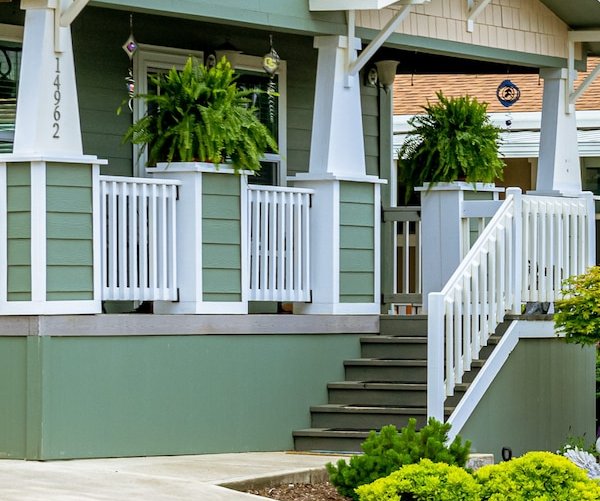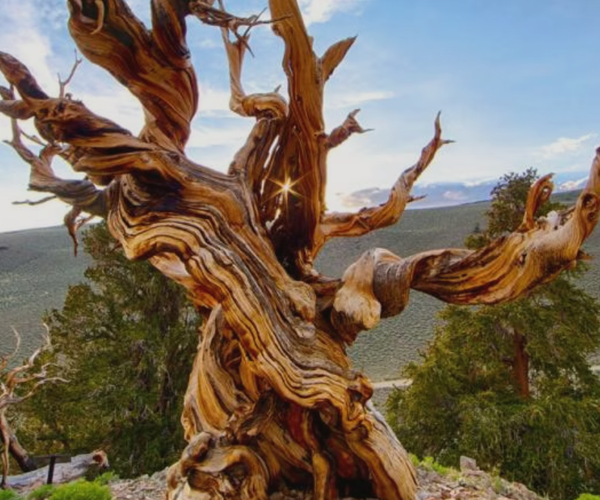Governor Gavin Newsom wants to fast track the Delta tunnel.
Congressman Josh Harder wants to derail it.
The two California Democrats are on opposite sides of what is shaping up as the Golden state’s next big water ware — the $16 billion Delta tunnel.
While Newsom as busy in Sacramento trying to get language tied into the state’s proposed $306.5 billion budget that would drastically reduce the environmental review process for the 40-mile plus tunnel, Harder on Thursday introduced an amendment in the House of Representatives appropriations mark up to stop the project.
Since the project involves water from a Bureau of Reclamation project — Shasta Dam — it can’t proceed without federal blessing.
“The Central Valley is the fruit and nut basket of the entire globe – our water is our most precious resource, but if the Delta Tunnel water grab is allowed to move forward, tens of thousands of acres of some of the richest agricultural ground in the world could be destroyed,” Harder said.
“(On Thursday) during our House Appropriations Committee markup, I introduced an amendment to stop this $16 billion boondoggle that would ship our water to Beverly Hills. We’ve killed this zombie project before, and we’ll do it again. We won’t let them take our water.”
Among the project’s negative impacts:
*3,787plus converted acres of prime, unique farmland along with more saline water and reduced crops.
*70 plus significant impacts requiring mitigation.
*17 plus significant impacts on Delta communities identified, including noise, air quality, aesthetics, and agriculture.
*$16 billion cost to statewide ratepayers.
*13 plus years of disruptive construction across 6 counties with 4,383,500+ truck trips on Delta roads. *Massive water intake structures on top of productive farms and adjacent to Delta legacy communities
Harder noted the 40-foot diameter tunnel proposed 150 feet below the ground is almost universally opposed in the region. Nowhere is that truer than in San Joaquín County that has the bulk of the Delta that will negatively be impacted by the bypass of water via a tunnel to reach the California Aqueduct pumps northwest of Tracy.
“This is an issue on which our entire community, our entire region, stands united,” Harder noted in remarks before the appropriations committee. “We disagree on a lot of things – in California, we have a saying: whiskey is for drinking and water is for fighting. And that's often the issue.
“But on this, we have environmentalists and farmers together, all opposed to this dangerous and damning project that has no benefits except for the fact that it robs from Peter to pay Paul. It takes water from us all the way just to make sure that folks in Beverly Hills have better, cleaner, greener lawns. I don't think that makes a lot of sense.”
“This takes from our livelihoods just to provide for other people's luxuries. And so my amendment is dead simple. All it does is going to stop this disastrous project that's going to take away our community's most valuable resource.”
Environmental report concludes
tunnel will have major impacts
on San Joaquín County
The Army Corps of Engineers’ latest 691-page Environmental Impact Study on the proposed Delta determined building the tunnel will have major impacts on San Joaquín County as well as the Northern San Joaquin Valley including agricultural, local water supply, air quality, endangered species, and essential fish habitat.
The tunnel — if built — could have domino impacts beyond the actual project.
That’s because courts and the state will be pressed to seek to replace water that is now used for environmental purposes, keep salt water at bay. and sustain ecological systems before being diverting into the California Aqueduct northwest of Tracy.
By diverting the water into a tunnel south of Sacramento to bypass the Delta to reach the pumping station it would result in higher saltwater intrusion farther east in the Delta especially during droughts.
The most likely target to replace the water are the Stanislaus, Tuolumne and Merced river watersheds that are key to the economic vitality of Northern San Joaquin Valley urban areas and farming as well as regional ecological systems.
Harder along with fellow Congress member John Garamendi in July 2022 introduced an amendment to prohibit the Army Corps of Engineers from issuing a Clean Water Act permit for the tunnel
Their argument is the tunnel would rob the Delta of the benefit of Sacramento River water that currently flows through it on the way to the pumps at the head of the California Aqueduct northwest of Tracy.
That would impact not just the quality of water but it would reduce the volume which in turn can raise water temperatures than can be fatal to fish as it robs water of dissolved oxygen. At the same time less water in the Delta means salt water would push farther to the east toward Stockton, Lathrop, and Manteca.
Potential fallout for San Joaquin County, which has the largest land mass within the Delta region, include:
*Extensive damage to the Delta ecological system.
*Negative impact on fish including the endangered Chinook salmon.
*Long-range issues with saltwater intrusion impacting water supplies the cities of Lathrop, Tracy, Manteca, and Stockton take from the underground aquifer that is impacting when fresh water levels above and below the surface in the Delta drop.
*The quality and sustainability of Delta recreational opportunities.
*Tens of thousands of acres of farmland, some of the richest agricultural ground in the world, could go out of production.
*Domestic water supplies would be impacted.
The state’s Delta tunnel plan benefits the massive Metropolitan Water District in Southern California, several East Bay cities as well as billionaire and corporate farmers in West Kern County.
Originally it was rolled out as a twin tunnel plan with the idea of protecting Delta water supplies for Southern California in the event that earthquakes collapsed Delta levee. It has since been scaled back to one tunnel.
The justification has morphed into one where the project is now justified to combat anticipated rises in sea level not by protecting the Delta from intrusion with a seawall or such but by diverting water to users in the south state taken from Northern California via a tunnel.
As such it would rob the Delta of water flows that for centuries has helped sustain fish and the Delta’s unique ecological system that serves as the biggest estuary along the Pacific Flyway.
To contact Dennis Wyatt, email dwyatt@mantecabulletin.com









